How a verbal paradox shattered the notion of total certainty in mathematics
Dating back to ancient Greece, the idea that any mathematical statement can ultimately be proven true or false, and any apparent contradiction ultimately erased, was as enticing as it was intuitive for many logicians and mathematicians. However, this long-dominant belief was upended in the early 20th century when the logician Kurt Gödel converted a written paradox – ‘This statement cannot be proved’ – into an equation, shattering the notion that mathematics could be built on structures of total certainty. This animation from TED-Ed traces how Gödel was able to use words to transform mathematics forever, and how his ‘incompleteness theorem’ has led to breakthroughs in both his field and the digital world.

video
Biography and memoir
As her world unravels, Pilar wonders at the ‘sacred geometry’ that gives it structure
20 minutes
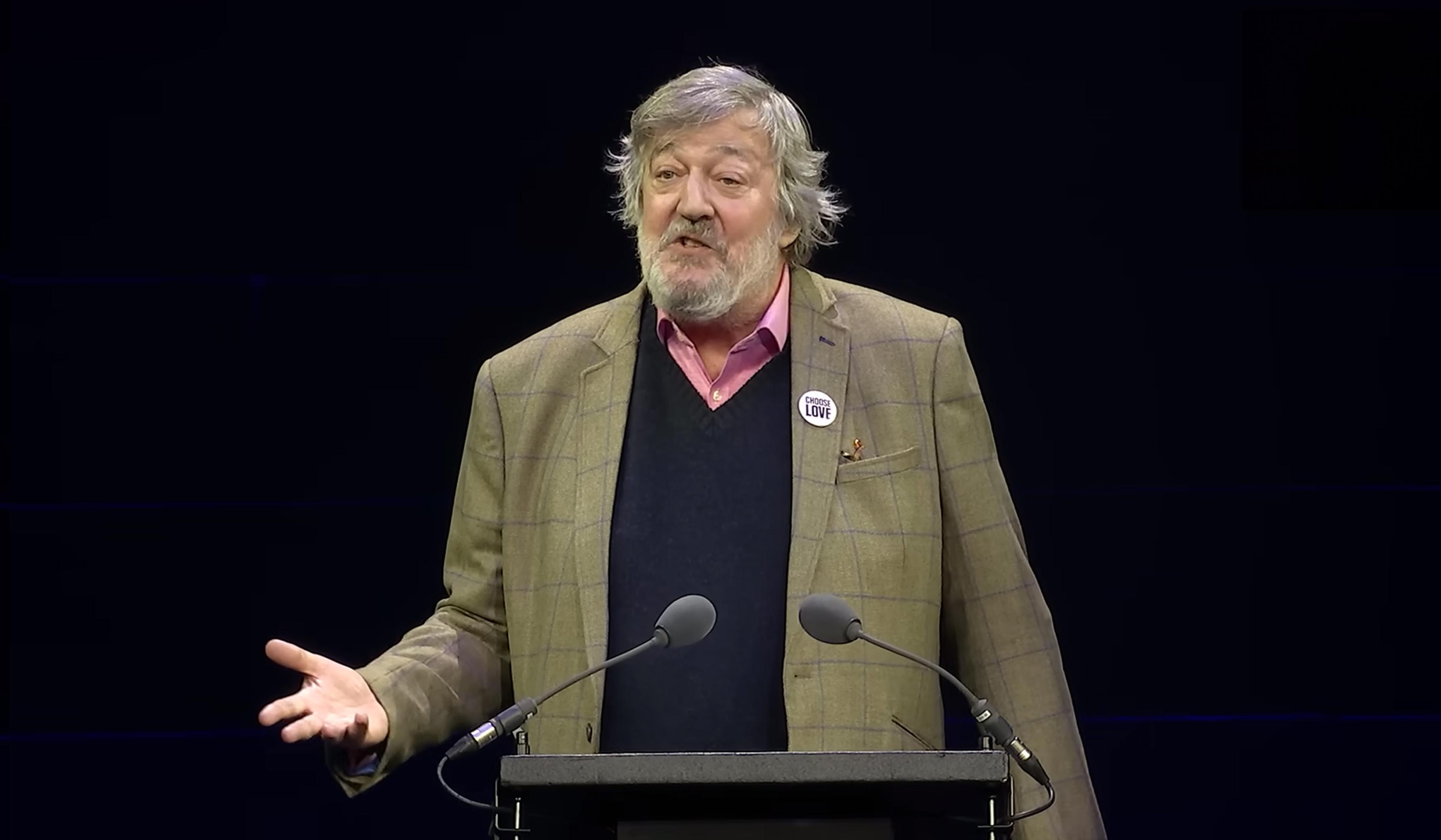
video
Meaning and the good life
Why strive? Stephen Fry reads Nick Cave’s letter on the threat of computed creativity
5 minutes
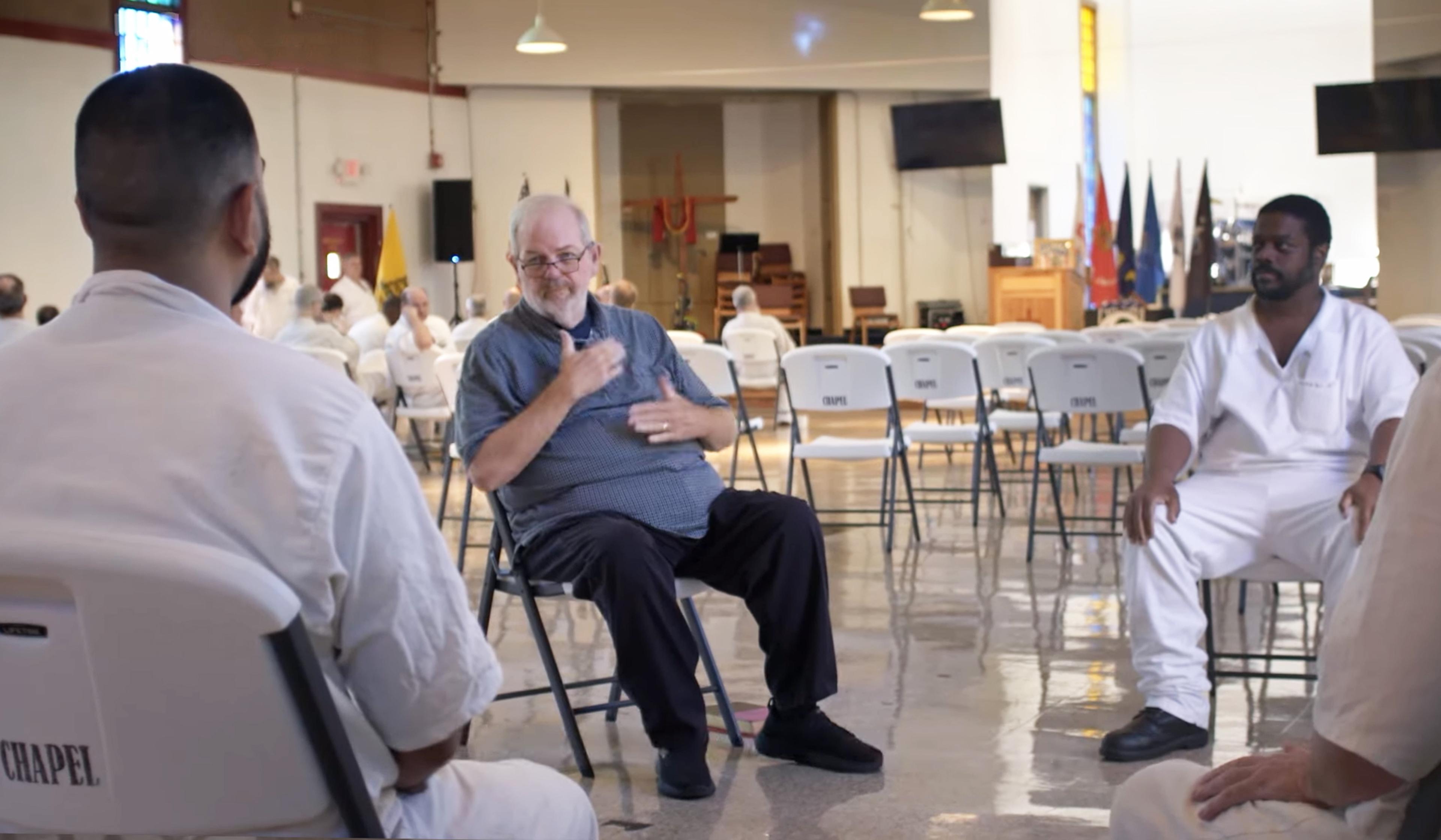
video
Human rights and justice
‘I know that change is possible’ – a Deaf prison chaplain’s gospel of hope
18 minutes

video
Physics
Find the building blocks of nature within a single, humble snowflake
4 minutes

video
Art
The overlooked polymath whose theatrical oeuvre made all of Rome a stage
30 minutes
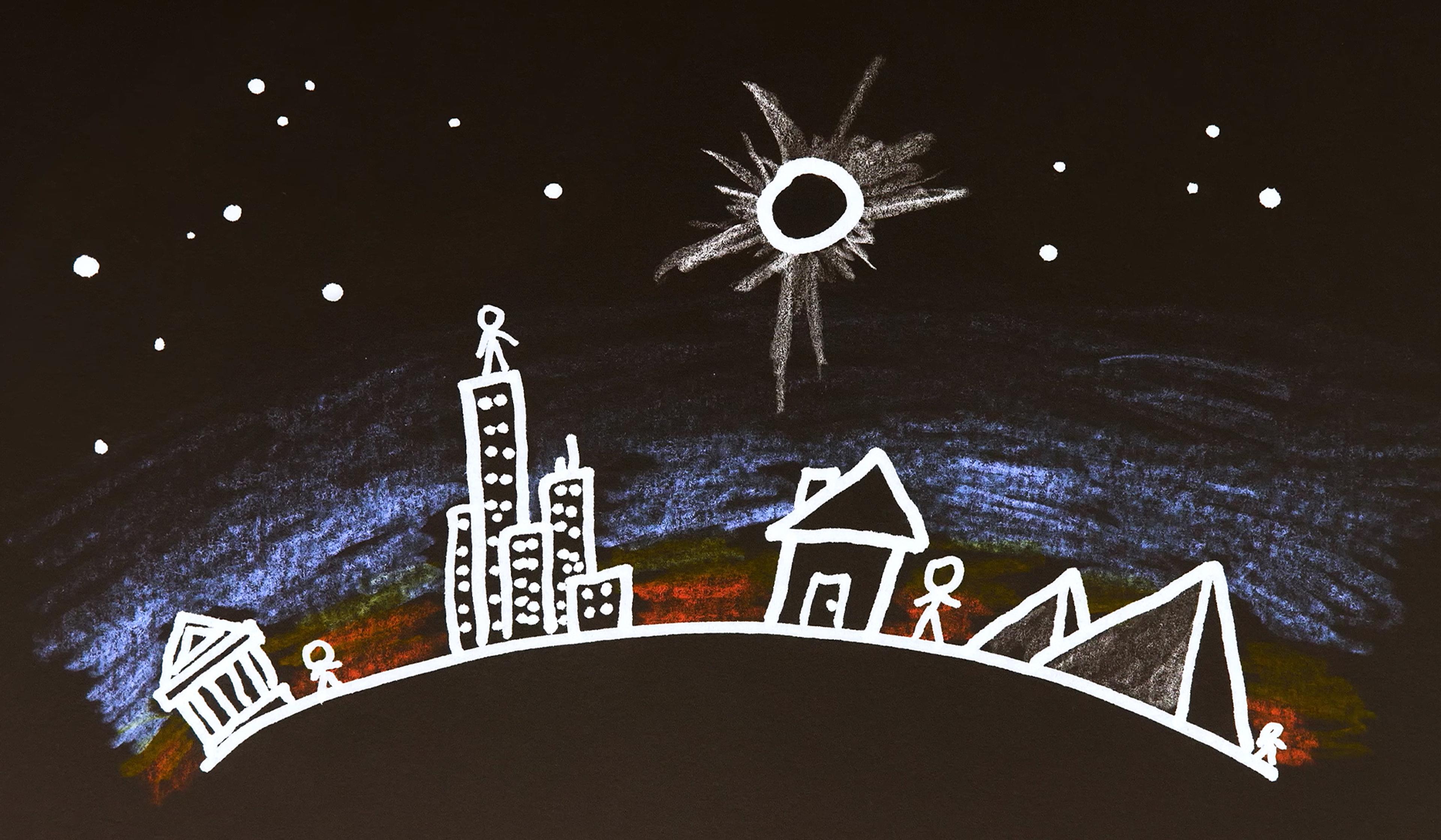
video
Physics
Why the golden age of total solar eclipses is already behind us
5 minutes
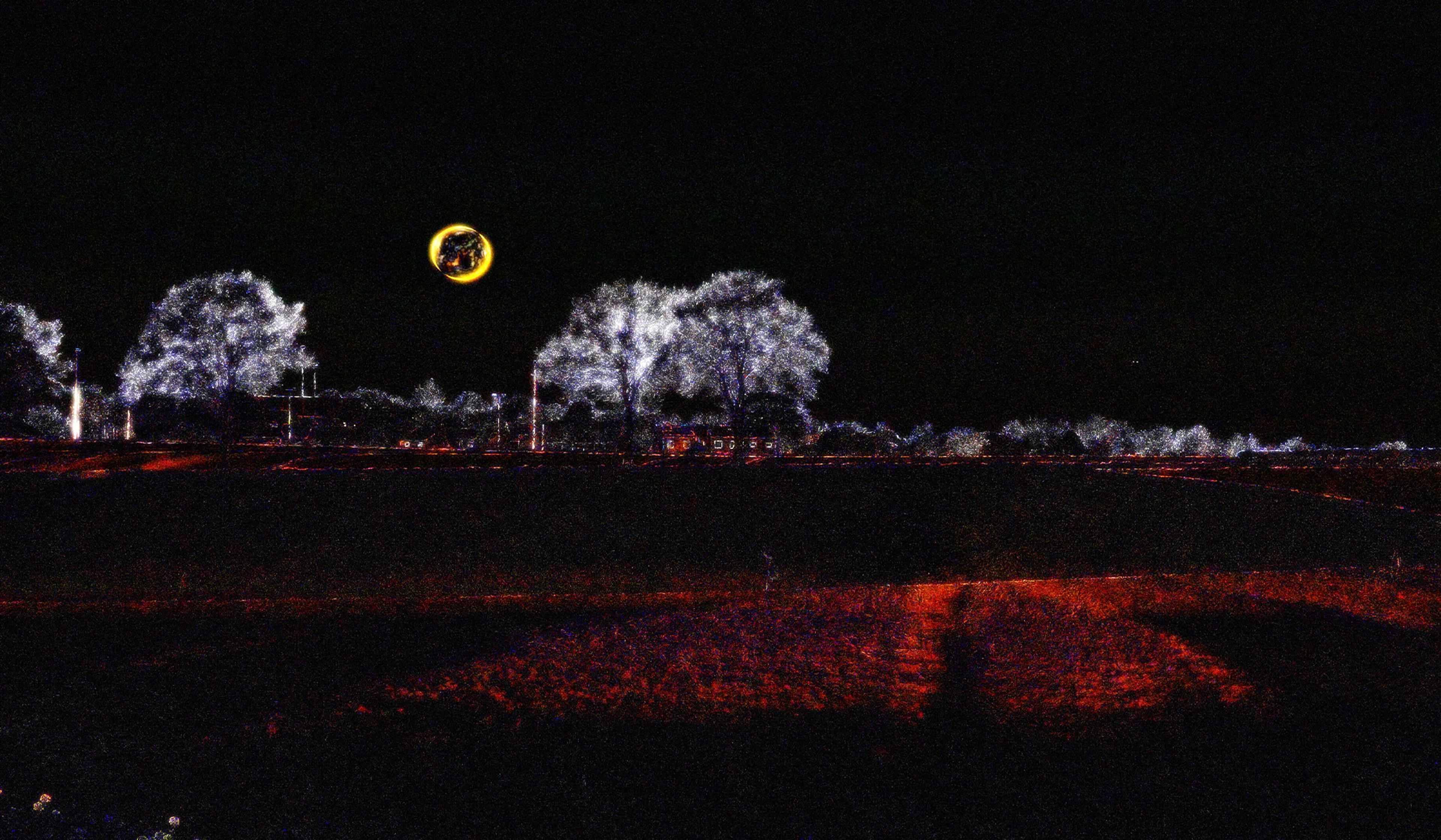
video
Film and visual culture
An augmented-reality filter reveals the hidden movements all around us
7 minutes

video
Beauty and aesthetics
The grit of cacti and the drumbeat of time shape a sculptor’s life philosophy
11 minutes
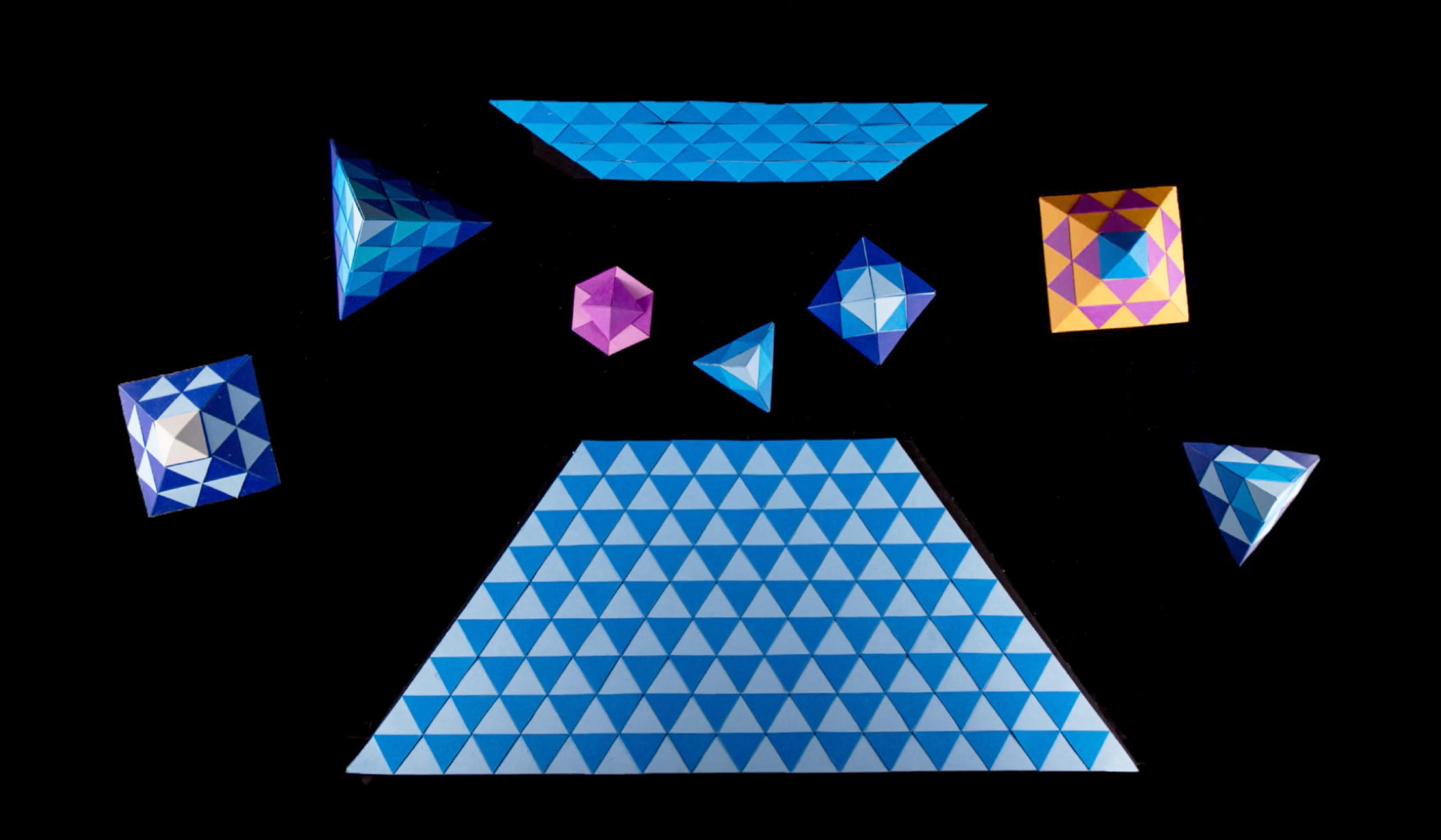
video
Film and visual culture
Stop-motion origami unfurls in a playful exploration of how senses overlap
3 minutes